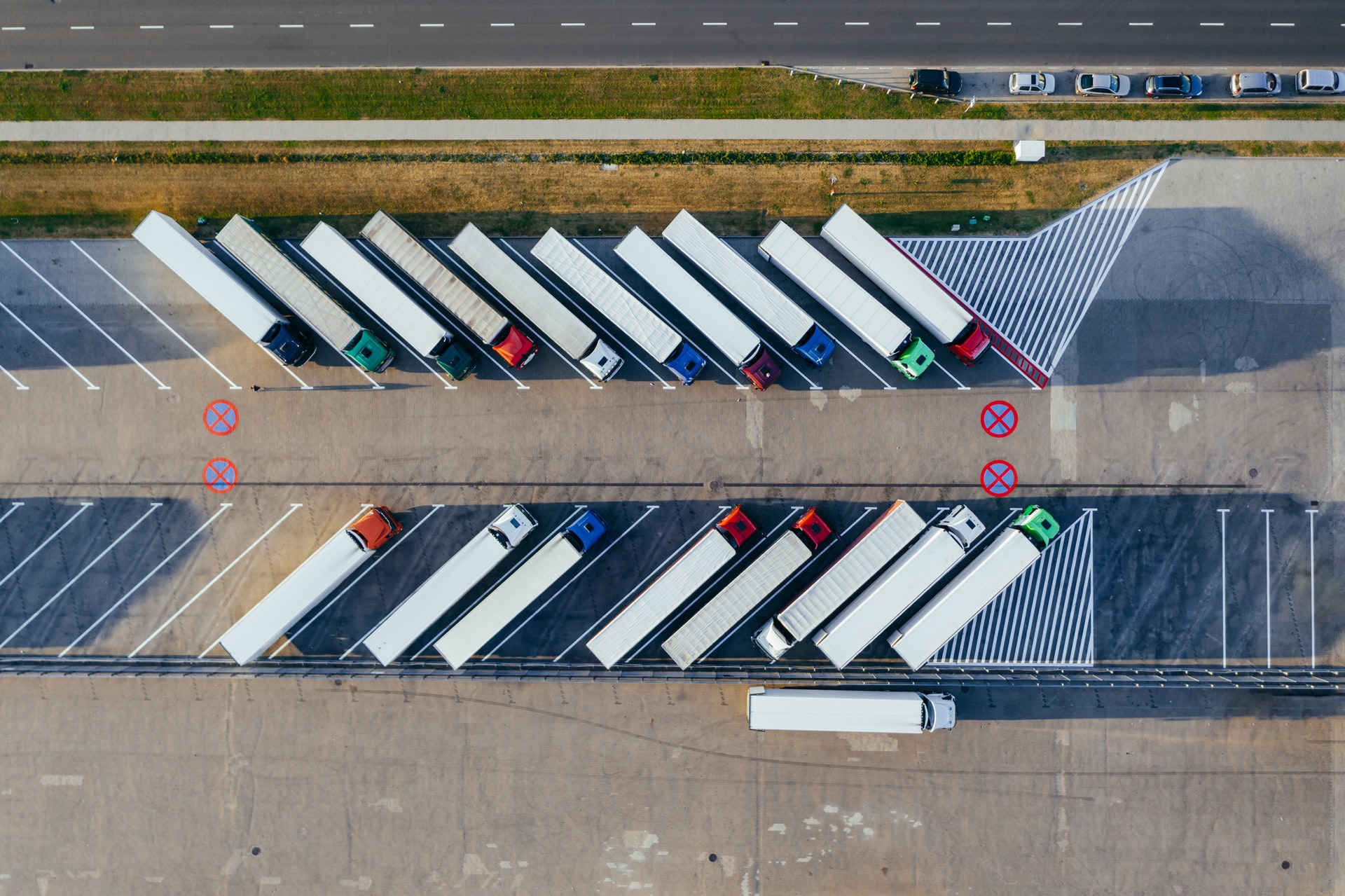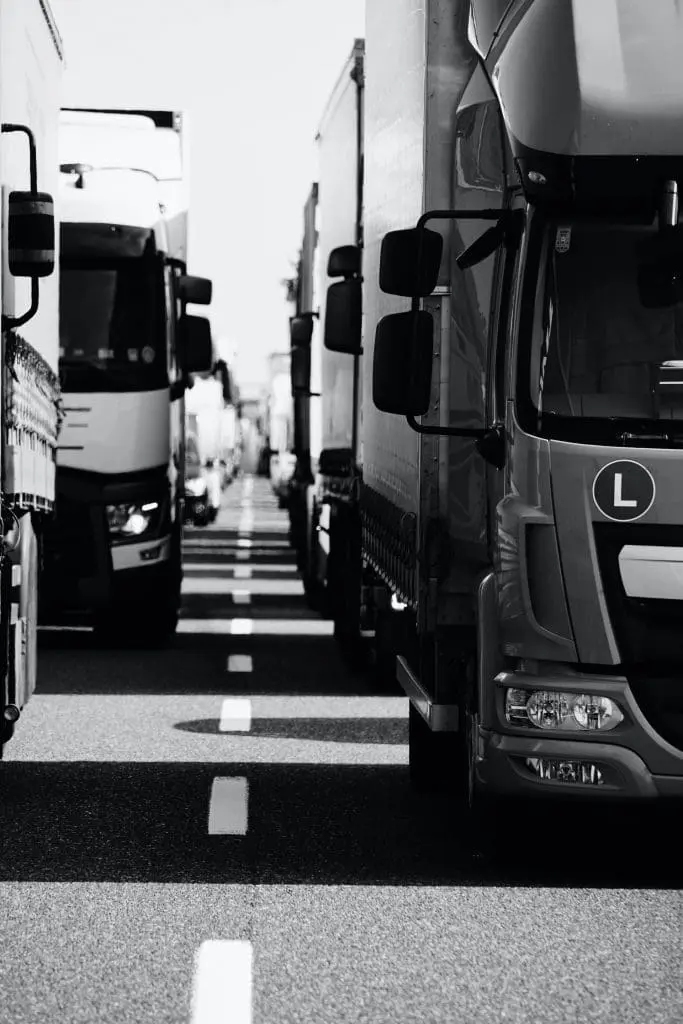What Is FORS? 10 Frequently Asked Questions

Looking for FORS compliance? Download FORS Policy Templates (→)
1. What is FORS?
The Fleet Operator Recognition Scheme (FORS) is a voluntary accreditation scheme for fleet operators which aims to raise the level of quality within fleet operations, and to demonstrate which operators are achieving exemplary levels of best practice in safety, efficiency, and environmental protection.
2. Who needs FORS accreditation?
There are many companies that are now FORS accredited; from many different sectors (transportation, storage, construction, wholesale, retail, waste management) the underlying denominator is that they use vehicles for commercial use for servicing or delivery. These include HGV’s, vans, passenger carry vehicles, cars, motorcycles and mopeds and wheeled plant (e.g. mobile cranes).
You may have one operating centre or multiple operating centres, you can choose which centres are going to figure in your accreditation, but then all vehicles within that centre need to be included.
This is good news for multiple operating centres, you can start with one, and then roll the accreditation out over a period of time.

3. Is FORS a legal requirement?
While the Fleet Operator Recognition Scheme (FORS) still claims to be a voluntary scheme it is now a requirement for many large infrastructure projects and clients demanding fleet operators adopt a more professional approach to managing that fleet.
4. What are The Benefits Of FORS Accreditation?
The key benefits FORS offers operators include:
- Improving road safety awareness
- Improving fuel efficiency and reducing fuel emissions
- Reducing the number of fines and other vehicle-related charges
- Better understanding and knowledge of the fleet industry
These are some notable advantages fleet companies can take advantage of from earning a FORS accreditation. Both for individuals, and company-wide.
Driver awareness and reducing the risk and number of incidents on the road will be important to any business. FORS provides workshops and educational materials to help organisations introduce more checks and streamline safety processes.
There is also the potential to make huge savings through better fuel economy and reducing fines and so on. When you start seeing an improvement to your bottom line while improving your driver’s safety, it makes sense to join FORS.
5. What Is Bronze Accreditation?
To achieve Bronze accreditation, you need to sign up and register your company via its website. Then you can download and read the FORS Standard documents. This details what to expect when it audits your business, which has to happen within 90 days of your registration. FORS then provides toolkits and other resources online if you need any help. When you pass the audit, you will be awarded your Bronze accreditation.
Looking for FORS compliance? Download FORS Policy Templates (→)
6. What is Silver Accreditation?
Silver accreditation includes making sure your fleet is also compliant with the CLOCS Standard for Construction Logistics and with TfL’s WRRR (Work Related Road Risk). The audit is more detailed and covers a wider range of areas. The format is the same, you can download the Standard documents to ensure you’re well prepared for the audit.
7. What is Gold Accreditation?
Gold accreditation is the highest standard of compliance you can demonstrate in accordance with their criteria. It includes ensuring your company is promoting the FORS Standard through your supply chain and demonstrating meaningful improvements against the baseline data gathered during Silver accreditation.
8. How often should i update my policies?
The best way to proactively review your policies and procedures is just to schedule time into the corporate calendar. As a general rule, you should review every policy between one and three years. But most policy management experts recommend that you review all your policies every year.
9. What is construction FORS?
CLOCS (Construction Logistics & Community Safety) is, as the name makes clear, targeted at the construction industry to recognise its responsibilities for vehicles, drivers – for example, delivering to and collecting from construction sites – and other vulnerable road users, like cyclists.
10. Do you need FORS for London?
The scheme is designed to improve cyclist and pedestrian safety and legally requires every vehicle in London weighing more than 3.5 tonnes to be fitted with: Class V and Class VI mirrors that give drivers a better view of pedestrians and cyclists around their vehicles.
